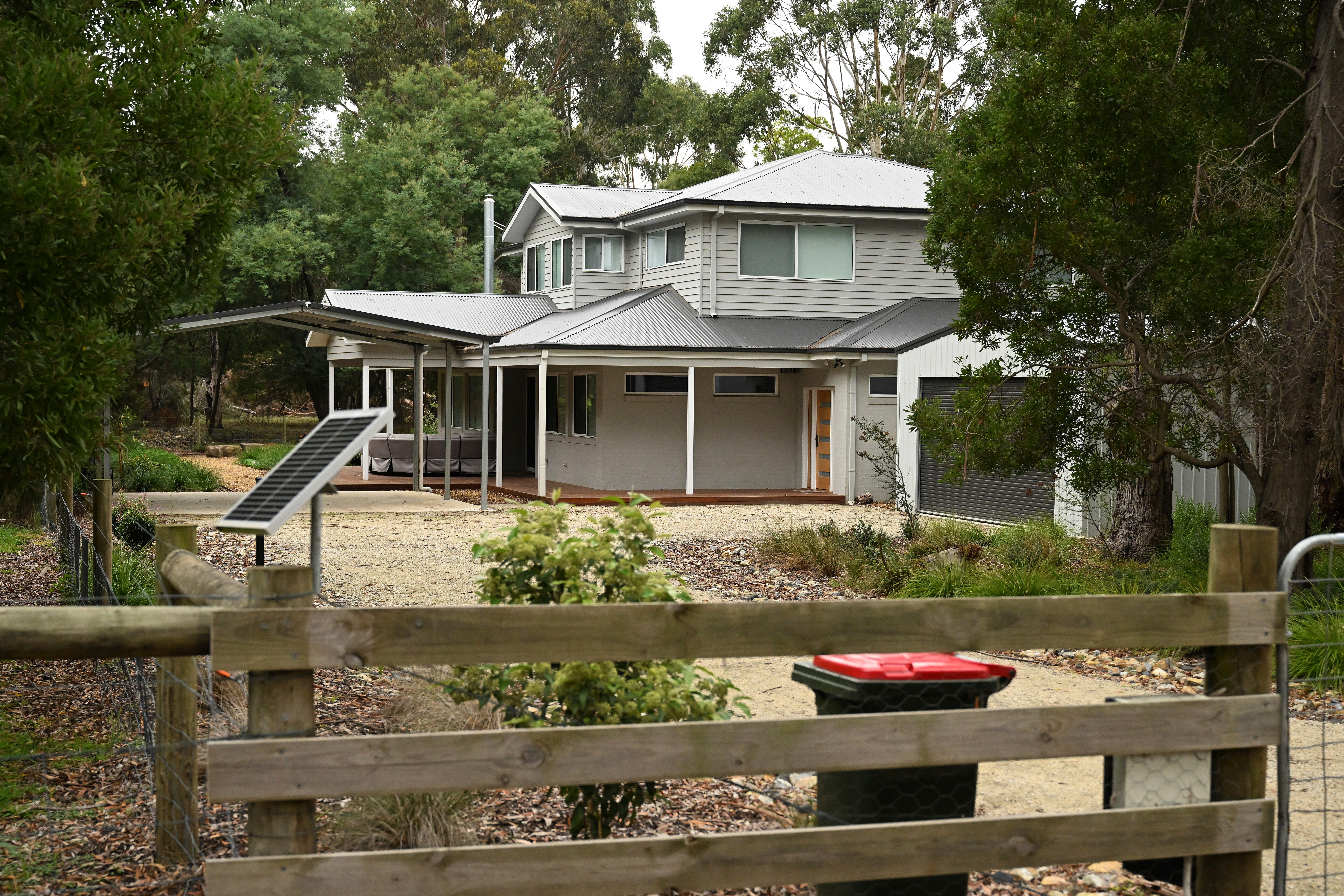Prosecutors have lodged an appeal against mushroom killer Erin Patterson’s life sentence on the grounds that the judge was too lenient in allowing her the possibility of parole after 33 years.
Patterson, 50, was sentenced last month for the murders of her former in-laws, Don and Gail Patterson, and their relative Heather Wilkinson, and for the attempted murder of Ian Wilkinson.
The three died after eating a beef Wellington meal laced with deadly mushrooms at Patterson’s home in Leongatha, south-east of Melbourne, in July 2023.
Justice Christopher Beale sentenced her to life imprisonment with a non-parole period of 33 years, citing the unusually harsh conditions of her custody – including more than a year spent in solitary confinement for her own protection – should be taken into account.
The decision allowed Patterson to apply for her release on parole after 33 years.
But the Victorian director of public prosecutions, Diana Piekusis KC, has challenged that decision as she called the sentence as "manifestly inadequate".
She said the finding that Patterson would likely spend “years to come” in solitary confinement was not supported by evidence and wrongly influenced the judge’s reasoning.

“The sentencing judge erred in finding that there was a ‘substantial chance’ the respondent would be held in ‘solitary confinement for years to come’ when such a finding was not open on the evidence, and that finding infected his assessment of the respondent’s likely future conditions in custody and his decision to fix a non-parole period,” the court documents said.
She said she was "satisfied that an appeal should be brought in the public interest".
“The DPP argue that the sentence imposed on Patterson is manifestly inadequate, in that: a) it was inappropriate for the sentencing judge to fix a non-parole period; or b) the non-parole period of 33 years is manifestly inadequate.”
Patterson has indicated she will appeal against her conviction, though that appeal has not yet been filed.

During a pre-sentencing in August, the Supreme Court was told that Patterson’s own safety was at risk from other inmates and that she was being held in solitary confinement within the maximum security prison.
The court was told she had little access to fresh air with her food delivered through a trap door. She only has permission to communicate with one other prisoner, who is a convicted terrorist.
Justice Beale considered these harsh conditions when he sentenced Patterson.
He said the media attention that the case has got, including the books, documentaries and TV series, would mean she could be a long term target of fellow inmates.
"You have effectively been held in continuous solitary confinement for the last 15 months and, at the very least, there is a substantial chance that, for your protection, you will continue to be held in solitary confinement for years to come," he said.
"The harsh prison conditions that you have experienced already and the likely prospect of solitary confinement for the foreseeable future are important and weighty considerations which should count for something in the sentencing exercise.
"In my view, the only scope for making them count is by the fixing of a non-parole period."
Patterson turned 51 in the jail last week. She has consistently denied charges and said the poisoning was an accident.
A hearing date for the latest appeal has not been set.
Asian shares advance and oil prices fall as Israel and Hamas agree to pause fighting
Imperial Brands ‘on track’ as pricing drives revenue rise
Asian markets mostly higher in quiet holiday trading after AI deals push Wall St to more records
Police seize guns from ‘sovereign citizens’ who reject government authority
Ex-UFC fighter shot and killed at age 33 while taking evening walk
Man attacked by shark drove himself to hospital despite being bitten three times







